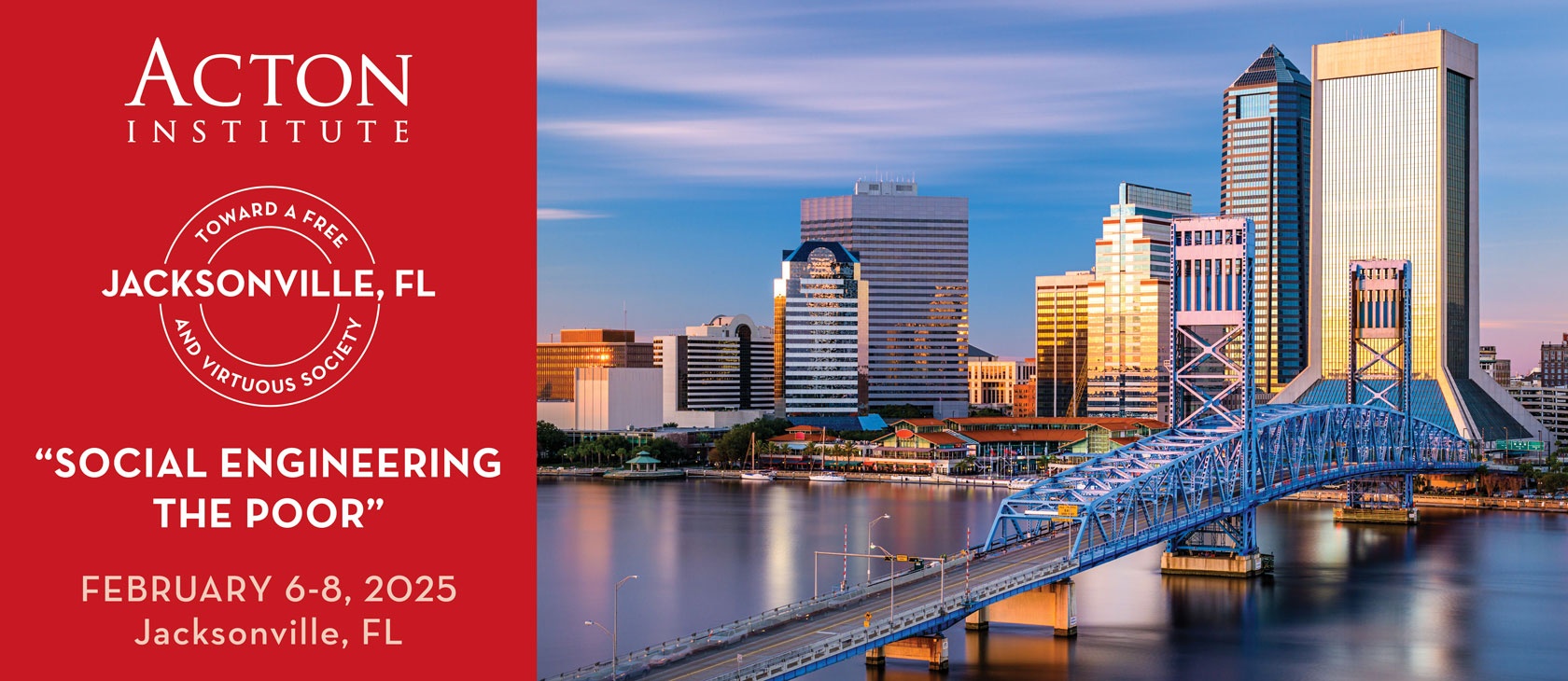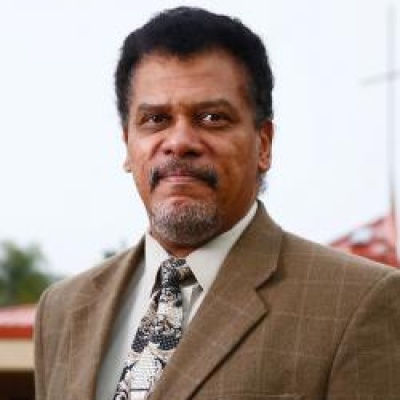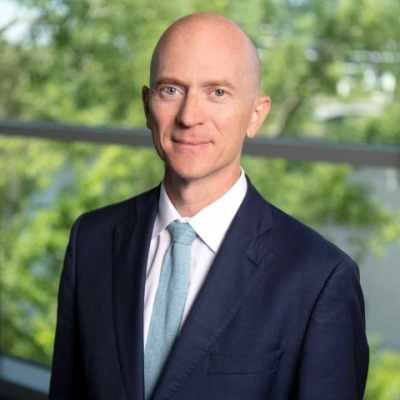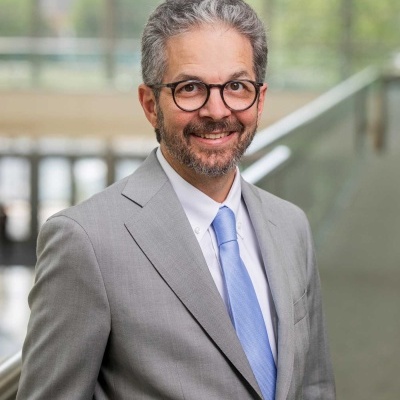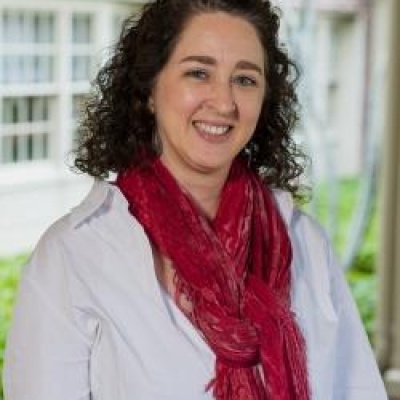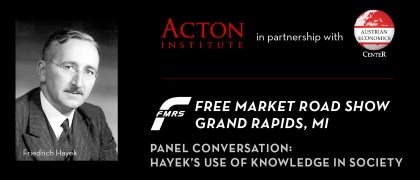Since World War II, the dominant approaches to social problems in the United States have been centralized, technocratic, and mechanistic. Although undeniably successful on many metrics, these programs and initiatives have also sown the seeds for other kinds of social disorder and deprivation. The rise of technocratic approaches to social problems in the United States, despite good intentions, has harmed the social fabric at all levels of American society, but it has especially disadvantaged the poor.
“Social Engineering the Poor,” part of the Acton Institute’s Towards a Free and Virtuous Society conference series, will explore different sectors of American society for the purpose of exposing what Pope Francis has called the “technocratic paradigm” and how it has tended to erode natural communities in which people flourish.
Over two and a half days, participants will hear engaging presentations from leading scholars and practitioners on a diverse range of topics including education, charity, the market, welfare, the family, and the “built environment” of our communities. This conference aims to provide participants with the opportunity to think through some of the most challenging problems of our time aided by powerful insights from the Judeo-Christian tradition.
Conference Details
This is a small conference. Participants will have the opportunity to engage the speakers and other attendees throughout the event in a relaxed and comfortable setting including nice meals and evening soirées.
Space is limited, and conference attendance is considered by application only. This conference is ideal for nonprofit professionals, pastors, service ministry staff, and graduate students, but applications of all backgrounds will be considered on a case-by-case basis.
Conference fees, meals, lodging, and travel will be covered for accepted applicants. Accepted participants will also receive copies of “Rethinking Charity: Restoring Dignity to Poverty Relief” by Ismael Hernandez.
Questions?
If you have any questions about the event, please email Caleb Whitmer at cwhitmer@acton.org.






